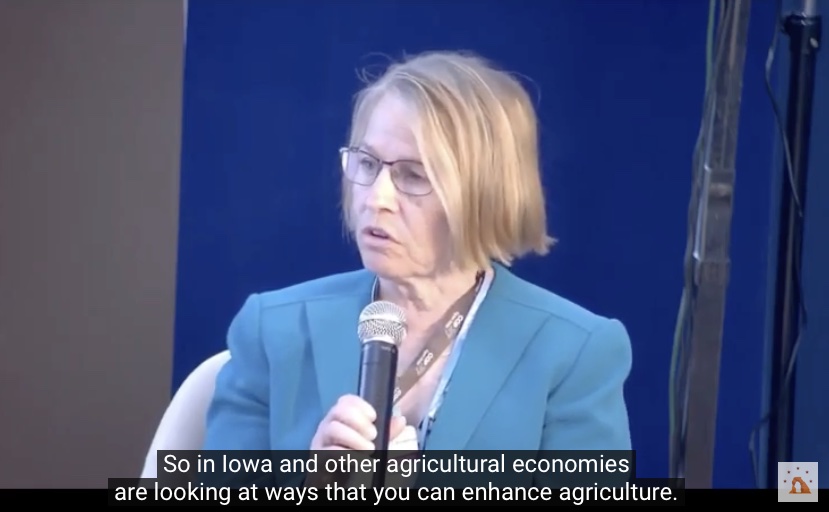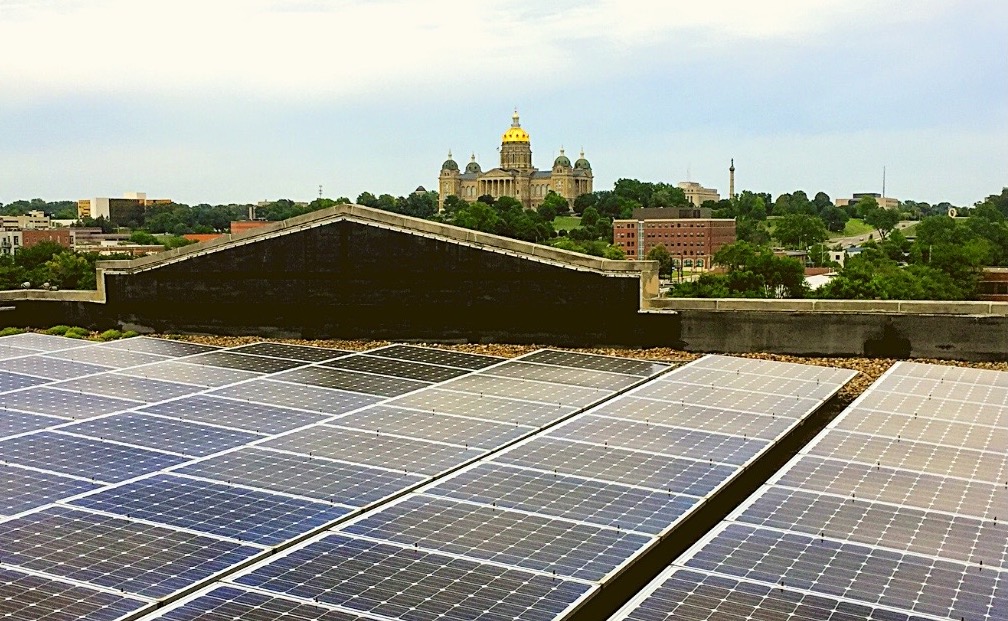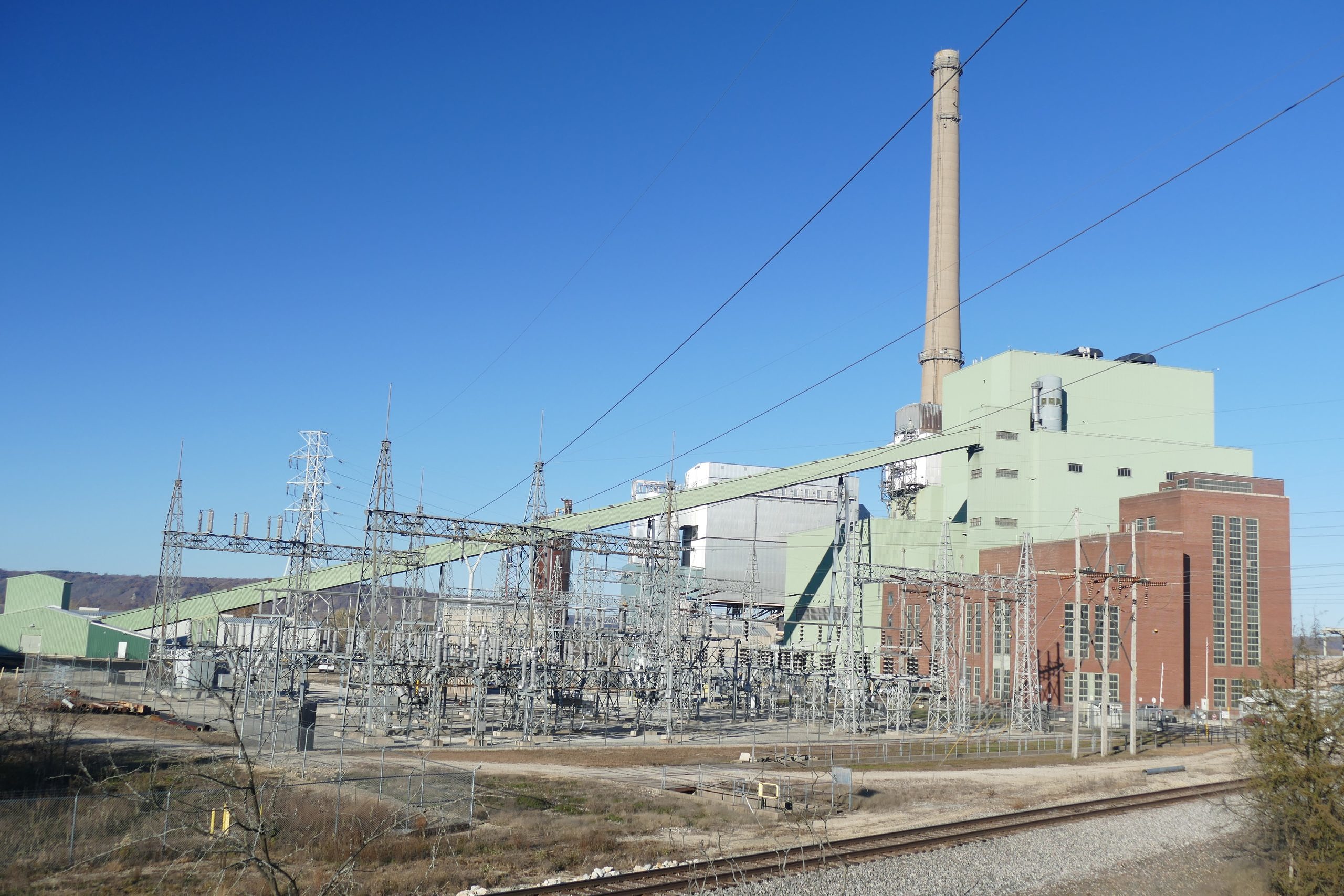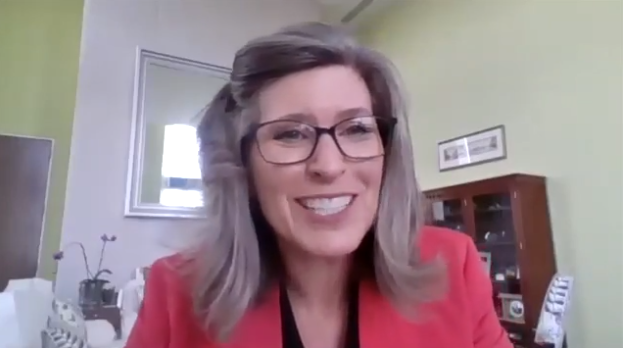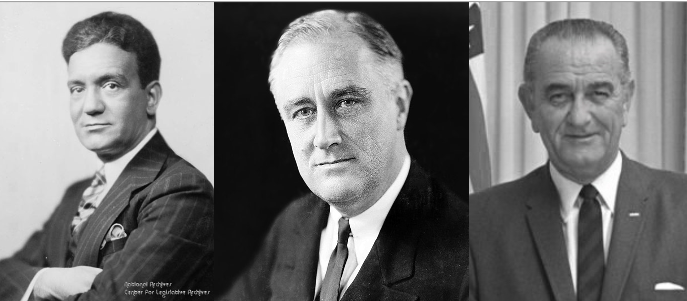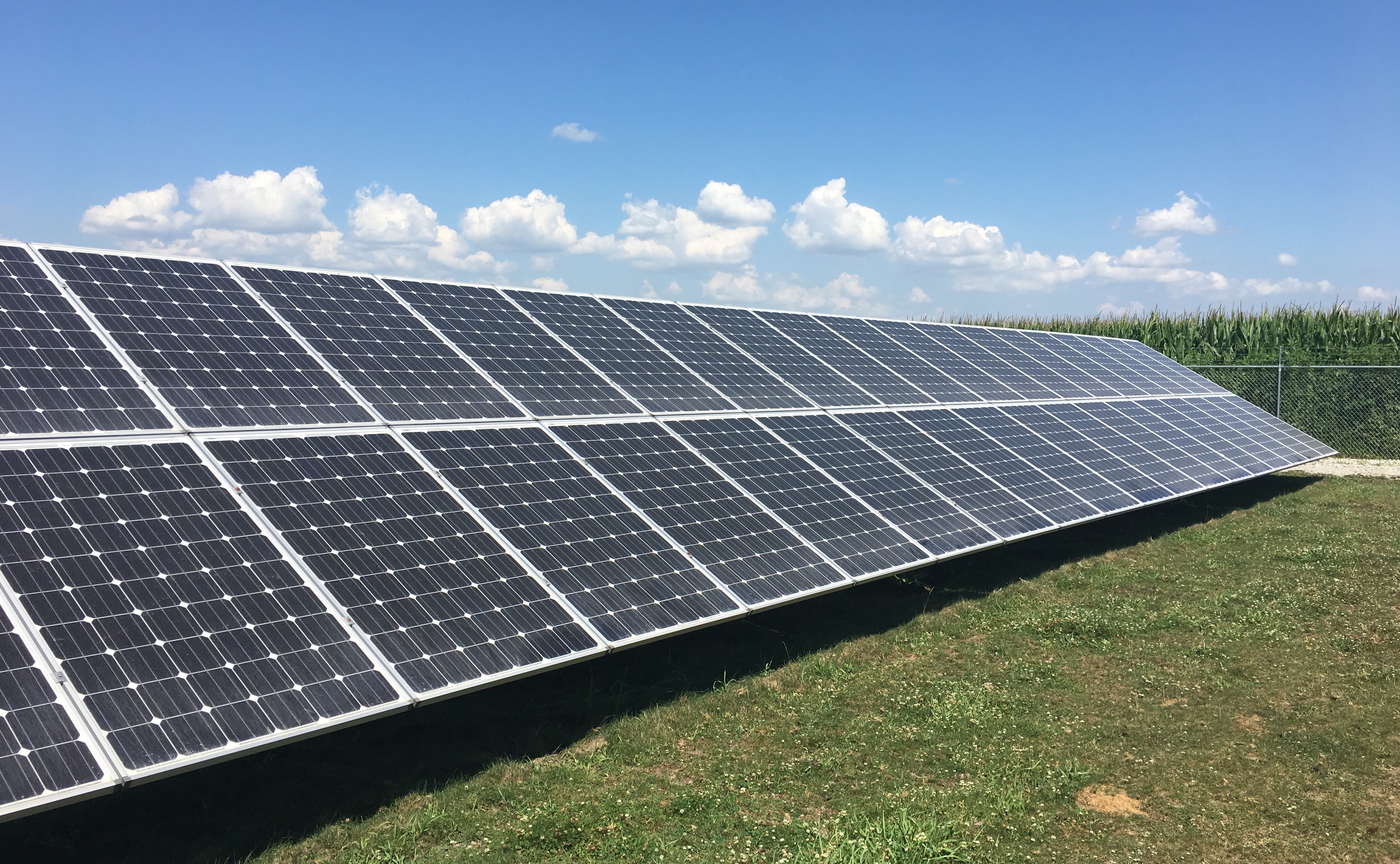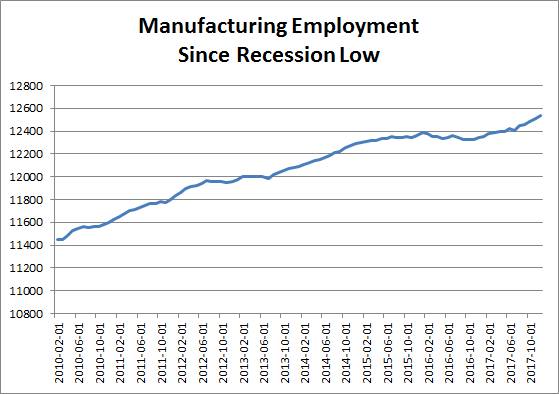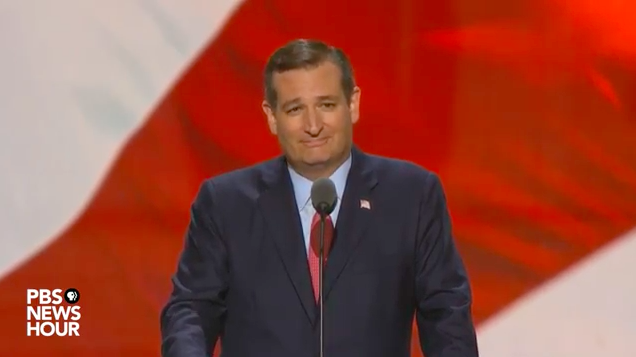What’s on your mind this weekend, Bleeding Heartland readers? I’ve been thinking about politically active college students who make the news for reasons other than receiving lewd photos from elected officials.
On June 8, a group of students from the University of Northern Iowa, Iowa State and the University of Iowa testified before the Iowa Senate Education Appropriations Subcommittee. The students came to Des Moines to speak against spending cuts for education. The subcommittee’s ranking Republican, State Senator Shawn Hamerlinck, made the hearing newsworthy by telling the group,
“I do not like it when students actually come here and lobby me for funds. That’s just my opinion. I want to wish you guys the best. I want you to go home and graduate. But this political theater, leave the circus to us OK? Go home and enjoy yourselves. I want to thank you for joining us and though I have to concede, your time speaking before us is kind of a tad intense. It’s probably a pretty new experience. You probably prepared for it for days and you sat there in front of us trying to make sure your remarks were just right, and that’s a good thing. But actually spending your time worrying about what we’re doing up here, I don’t want you to do that. Go back home. Thanks guys.”
We wouldn’t want any civic involvement on our college campuses, would we? Hamerlinck didn’t get the memo: you’re supposed to at least pretend to encourage young people to get involved in the political process. But he stood by his remarks, adding in a statement:
“It saddens me to see bright young Iowa students being misled about our state’s financial situation. Their view of Iowa’s budget is inaccurate and it is my hope that our Regents institutions are educating them on the facts rather than political propaganda.”
I guess Hamerlinck missed the news this week about state revenues coming in strong. It’s incredible that Republicans continue to portray Iowa’s fiscal condition as dire.
Anyway, Senate Democrats spread news of the “go back home” mini-speech through blogs, Facebook, YouTube and e-mail. After the jump I’ve posted a fundraising e-mail blast featuring Hamerlinck’s comments, which I received on June 9. Hamerlinck is considered a rising GOP star, and I wouldn’t be surprised to see him run for Congress someday in Iowa’s second district, if he holds his Senate seat. The new Iowa map put Hamerlinck in Senate district 46 (Muscatine and Scott counties), which has a slight Democratic voter registration advantage.
Yesterday I checked out the websites of the College and Young Democrats of Iowa and the Iowa Federation of College Republicans. The front page of the Democratic site features some GOP legislative proposals (cut taxes and spending for higher education and preschool), news from the presidential race and other odds and ends. The front page of the Republican site is full of videos and blog posts about the infamous “F*** OFF” e-mail that a University of Iowa professor sent University of Iowa student Natalie Ginty in April. (Bleeding Heartland discussed that overblown scandal here.) Ginty, who chairs the Iowa college Republican organization, appeared on many national media shows at that time to discuss alleged liberal intolerance on campus.
A group of students from the University of Iowa attended a Board of Regents meeting on June 8 to advocate for phasing out coal combustion at the three state universities. As part of a nationwide Sierra Club campaign, the students delivered signed letters from Iowans and information about the adverse impact of coal.
Rock the Vote released a new analysis this week of how state voting systems serve young Americans. Iowa placed second with a score well above the national average. You can download the full scorecard here (pdf). Iowa gained points in several categories (same-day voter registration, absentee voting, overseas and military voting) thanks to the leadership of former Secretary of State Michael Mauro. We would have lost two points if current Secretary of State Matt Schultz’s voter ID proposal had been enacted.
This is an open thread. Comments on all topics are welcome.
Continue Reading...

